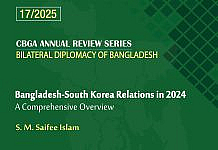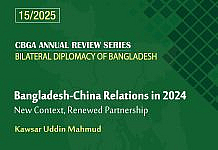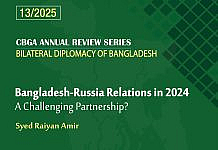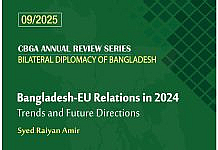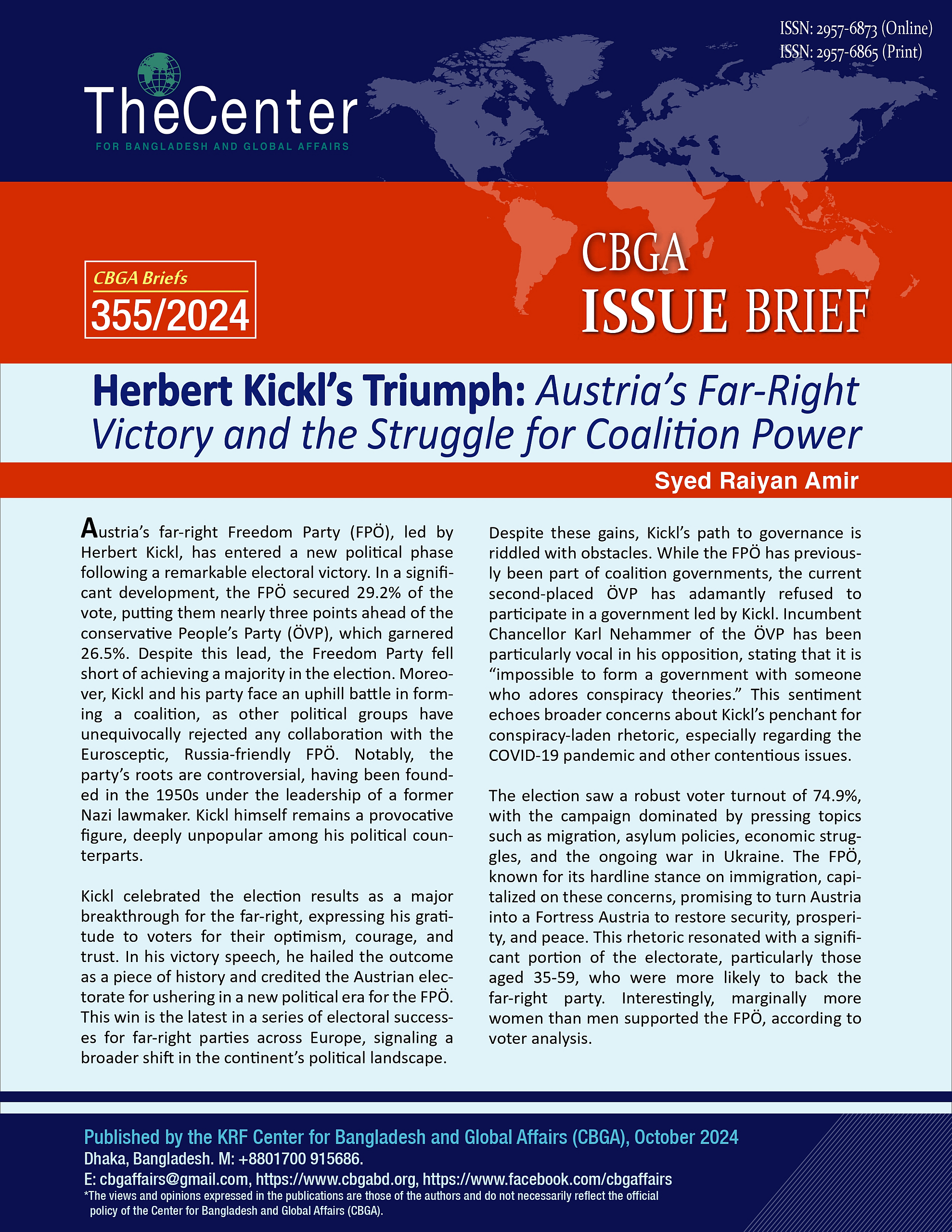
Austria’s far-right Freedom Party (FPÖ), led by Herbert Kickl, has entered a new political phase following a remarkable electoral victory. In a significant development, the FPÖ secured 29.2% of the vote, putting them nearly three points ahead of the conservative People’s Party (ÖVP), which garnered 26.5%. Despite this lead, the Freedom Party fell short of achieving a majority in the election. Moreover, Kickl and his party face an uphill battle in forming a coalition, as other political groups have unequivocally rejected any collaboration with the Eurosceptic, Russia-friendly FPÖ. Notably, the party’s roots are controversial, having been founded in the 1950s under the leadership of a former Nazi lawmaker. Kickl himself remains a provocative figure, deeply unpopular among his political counterparts.
Kickl celebrated the election results as a major breakthrough for the far-right, expressing his gratitude to voters for their optimism, courage, and trust. In his victory speech, he hailed the outcome as a piece of history and credited the Austrian electorate for ushering in a new political era for the FPÖ. This win is the latest in a series of electoral successes for far-right parties across Europe, signaling a broader shift in the continent’s political landscape.
Despite these gains, Kickl’s path to governance is riddled with obstacles. While the FPÖ has previously been part of coalition governments, the current second-placed ÖVP has adamantly refused to participate in a government led by Kickl. Incumbent Chancellor Karl Nehammer of the ÖVP has been particularly vocal in his opposition, stating that it is “impossible to form a government with someone who adores conspiracy theories.” This sentiment echoes broader concerns about Kickl’s penchant for conspiracy-laden rhetoric, especially regarding the COVID-19 pandemic and other contentious issues.
The election saw a robust voter turnout of 74.9%, with the campaign dominated by pressing topics such as migration, asylum policies, economic struggles, and the ongoing war in Ukraine. The FPÖ, known for its hardline stance on immigration, capitalized on these concerns, promising to turn Austria into a Fortress Austria to restore security, prosperity, and peace. This rhetoric resonated with a significant portion of the electorate, particularly those aged 35-59, who were more likely to back the far-right party. Interestingly, marginally more women than men supported the FPÖ, according to voter analysis.
However, given the current situation, a three-party coalition would be unprecedented, though experts suggest it may face difficulties in governing due to the country’s rightward shift. Analysts also believe a coalition between the far-right Freedom Party (FPÖ) and the conservative People’s Party (ÖVP), which has held power since 1987, remains a possibility. The FPÖ’s first coalition with the conservatives in 2000 triggered widespread protests and sanctions from the European Union. Their second coalition collapsed in 2019 after just 18 months, following a major corruption scandal involving the FPÖ. Over 6.3 million of Austria’s nine million citizens were eligible to vote in this election.
The FPÖ’s victory has translated into 56 seats in Austria’s 183-seat parliament, surpassing the ÖVP’s 52 seats. Meanwhile, the Social Democrats secured 41 seats, reflecting the fragmented nature of Austria’s political landscape. As the results became clearer, FPÖ general secretary Michael Schnedlitz declared that the men and women of Austria have made history. He remained tight-lipped about potential coalition-building strategies, leaving the future of the party’s governance prospects uncertain.
A significant challenge for Kickl is finding a path to forming a government, as his divisive nature has alienated many potential coalition partners. The Social Democrats, Greens, and Neos have all categorically ruled out any partnership with the far-right, citing fundamental ideological differences. As a result, the only feasible coalition option for the FPÖ would involve the conservative ÖVP, yet the latter’s refusal to accept Kickl as chancellor remains a major sticking point. This has led to speculation that Kickl may need to follow the example of Geert Wilders, leader of the Dutch Freedom Party, who, after a historic victory, dropped his bid for prime minister to facilitate coalition-building. However, Kickl appears resolute in his ambition to lead Austria, vowing to serve as the nation’s “servant and protector.”
The complexity of Austria’s post-election political environment is further compounded by the role of President Alexander Van der Bellen, who oversees the formation of a new government. Political analysts suggest that it is far from guaranteed that Van der Bellen will grant Kickl a direct mandate to form a coalition. The president has previously voiced reservations about the FPÖ, particularly due to the party’s criticisms of the European Union and its failure to denounce Russia’s invasion of Ukraine. The FPÖ opposes EU sanctions on Moscow, citing Austria’s traditional stance of neutrality, and many of its MPs notably walked out during a speech delivered by Ukrainian President Volodymyr Zelensky to the Austrian parliament last year.
As the political wrangling continues, one potential scenario is for the ÖVP to form a coalition with the Social Democrats. If the election projections hold true, the two parties could scrape together enough seats for a working majority, possibly with the inclusion of the liberal Neos or the Greens. This would require significant compromises, particularly on issues such as migration and economic policy, where the two parties have historically diverged. Alternatively, Nehammer, who leads the ÖVP, may face pressure from within his own party to reconsider his hardline stance against the FPÖ. Some within the conservative ranks have already suggested that Nehammer should resign after the party’s disappointing election results, though this has been rejected by the ÖVP’s general secretary.
Amid these political machinations, Kickl continues to position himself as a champion of the Austrian people, drawing on nationalist rhetoric and populist appeals. His alignment with other far-right leaders in Europe, such as Hungarian Prime Minister Viktor Orban, has also drawn attention, with many commentators warning that Austria could follow Hungary’s illiberal path. Social Democrat leader Andreas Babler has been particularly vocal in cautioning against the potential “Hungarization” of Austria, warning that the country’s democratic institutions could be at risk under an FPÖ-led government.
Kickl’s embrace of far-right ideology has also raised concerns about Austria’s international standing, particularly within the European Union. The FPÖ’s Euroscepticism and pro-Russia stance are at odds with the broader European consensus, and Kickl’s victory comes at a time when radical right-wing parties are gaining ground across the continent. Italy’s Giorgia Meloni, leader of the far-right Brothers of Italy party, currently heads a right-wing coalition government. In Germany, the far-right Alternative for Germany (AfD) recently topped the polls in the eastern state of Thuringia, while in France, Marine Le Pen’s National Rally secured a major victory in last year’s European elections.
There are notable differences in how these far-right leaders approach key issues such as foreign policy. While Kickl has been critical of EU sanctions on Russia, Italy’s Meloni has given her full backing to the EU’s support for Ukraine in the face of Russia’s invasion. Despite these distinctions, far-right leaders across Europe have expressed solidarity with Kickl. AfD co-leader Alice Weidel congratulated Kickl on his election success, posting a picture of the two together, while Marine Le Pen praised the “people’s triumphs” taking place across Europe. Geert Wilders also weighed in, declaring that the tides were turning and that “identity, sovereignty, freedom, and no more illegal immigration/asylum” were what millions of Europeans were yearning for.
For Kickl, the election victory marks a remarkable recovery for the FPÖ, which suffered a major setback in 2019 following a video sting scandal that engulfed its former leader. Since then, the party has steadily regained support by tapping into public discontent over issues such as immigration, the economy, and the government’s handling of the COVID-19 pandemic. Kickl has also capitalized on Austria’s growing disenchantment with traditional political elites, presenting himself as a maverick outsider who can restore national pride and sovereignty.
As Austria’s political future hangs in the balance, the coming weeks will be crucial in determining whether Kickl can translate his electoral success into political power. Forming a coalition will be a delicate and contentious process, and much will depend on whether the ÖVP is willing to reconsider its opposition to the far-right leader. For now, Kickl remains defiant, promising to deliver on his vision of a “Fortress Austria” and positioning himself as the protector of the Austrian people. Whether he succeeds in forming a government or not, his election victory marks a turning point in Austria’s political trajectory, and its implications will be felt far beyond the country’s borders.
– Syed Raiyan Amir is a Senior Research Associate at the KRF Center for Bangladesh and Global Affairs (CBGA).



